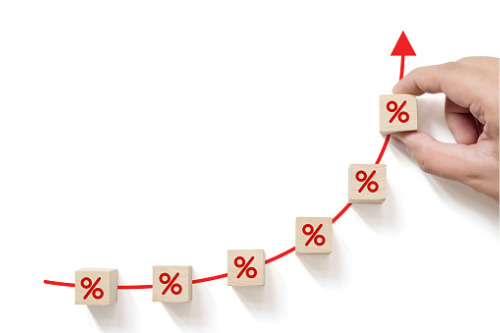The document outlined the risks that could re-emerge once economic recovery begins in earnest

According to a memo recently acquired by the Financial Post through an access-to-information request, former finance minister Bill Morneau was warned on February 06, 2020, that rising insolvencies prior to the global outbreak of COVID-19 were largely impelled by higher interest rates.
The risk brought about by rising rates, largely mitigated – or at least delayed – by the monetary easing policies during the pandemic, could plague Canadian households once the economy begins recovering in earnest.
In autumn 2019, shortly before the memo was written, the Bank of Canada’s key interest rate stood at 1.75%, the highest it has been since the Great Recession.
“The rise in insolvencies appears to be fuelled by a lagged impact to interest rate increases over 2017-2018, which have put pressures on household budgets,” the memo said. “This is also supported by the debt service ratio (the share of household disposable income needed for debt payments), which has trended up over the last year to reach a record high of 15% in the third quarter of 2019.”
But rather than being doused by the record-low rates that are now synonymous with the COVID-19 real estate market, these concerns have actually been amplified due to mounting household debt. The memo warned that debt burdens could make consumers more vulnerable to upward movements in interest rates.
A recent survey by the Credit Counselling Society found that 31% of Canadians are finding it difficult to pay off their debts despite the current rate environment.
Scott Hannah, chief executive of the CCS, said that this might prove debilitating to household finances in the long run.
“If consumers don’t make a concerted effort to reduce their … non-mortgage debt over the next two to four years, and then rates start to go up – that could have a material impact on mortgage rates, which could have an impact on rental rates – then consumers will put themselves in difficulty,” Hannah warned.
“So that’s the challenge that we throw out there for consumers. If you don’t get your financial house in order over the next three to five years, pay off your consumer debt, set aside three to six months’ worth of living expenses for emergencies, you’re going to be susceptible to the next thing, whatever that is.”



